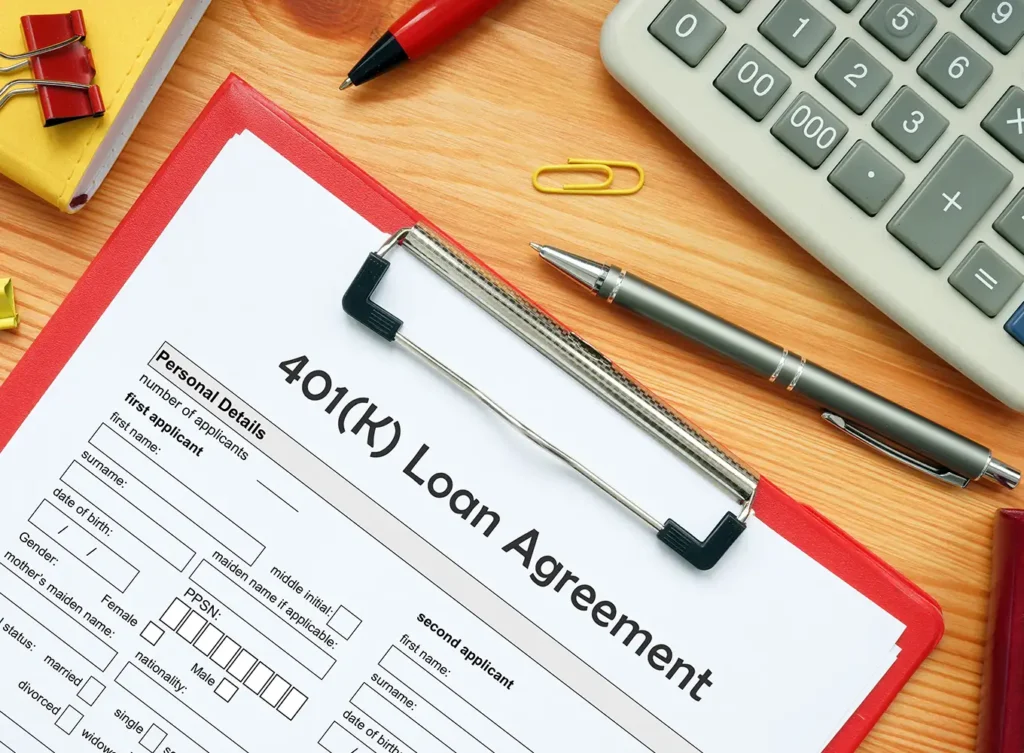Retirement Plan Loans
Eastern Missouri
Take Your First Step To Becoming Debt Free

The Illusion of Easy Money
Borrowing from Your Retirement
Borrowing from yourself can seem like a great option. But just like with home equity, your retirement plan is something you have worked hard to save.
Retirement programs, like 401(k) and 403(b) plans, often have very attractive interest rates — and often that interest goes back into your account. But remember these loans are completely risk-free — for your employer.
Many people can repay their 401(k) loans only by stopping their contributions, just to make ends meet. So the real cost, besides the actual payment, is what you would have invested in your retirement plan but couldn’t — and what that money might have earned for you until your retirement.
401(k) Loans
A Closer Look at the Hidden Costs
If your 401(k) investments were earning 9% per year for you and you have 10 years until retirement, a $10,000 loan will “cost” you over $5,000 of lost earnings on average by that time. And this is not even counting what you have actually paid on the loan, with interest. Even if you are paying your own account interest, it will likely still be less than the potential earnings of a decent stock fund. The further off retirement is, the worse the impact can be.


401(k) Loans and Bankruptcy
Comparing the Long-Term Impacts
If you stop working for the company or you cannot afford to repay the loan, the plan will deduct the balance owed from your retirement funds. You will immediately lose that money — and any growth it may sustain until your retirement. You will also be hit by income taxes — just when you are least able to afford them. The deduction is an early withdrawal. It is treated as income for that year and you also typically pay a 10% penalty, if you are under 59 1/2. So you will have paid off a few credit cards, lost a portion or all of retirement savings, and end up owing the IRS a lot of money! Suddenly, it doesn’t seem like such a good deal.
Now consider what might happen if you kept that money in the 401(k) plan and filed bankruptcy. In all bankruptcies, you keep your 401(k) plan. State and federal laws protect that money from your creditors ever reaching it. What type of bankruptcy depends on your individual circumstances but at least you have the peace of mind your retirement fund provides. And you should still be able to continue contributing to ensure you can have a sound retirement, when the bankruptcy is over.

